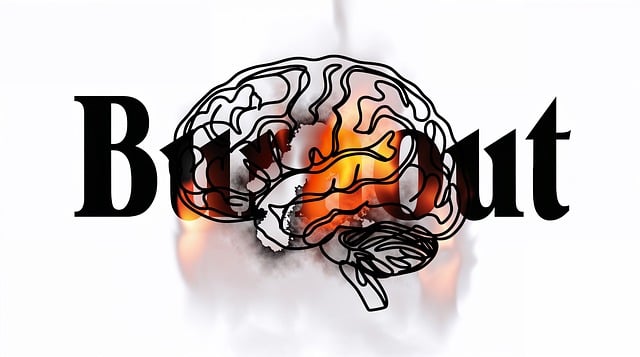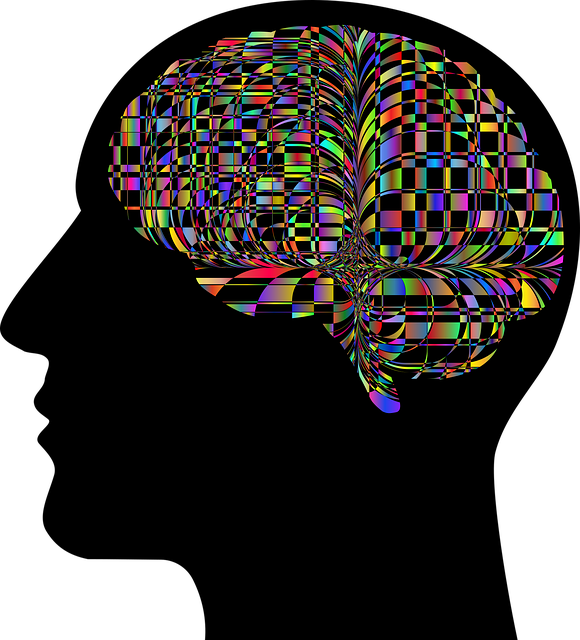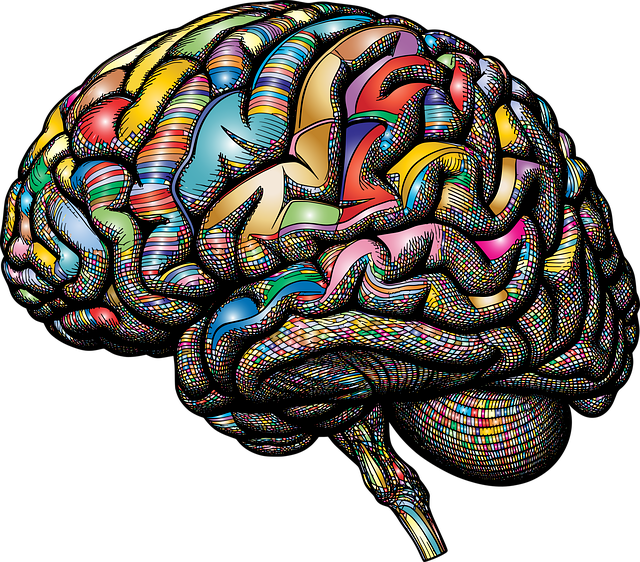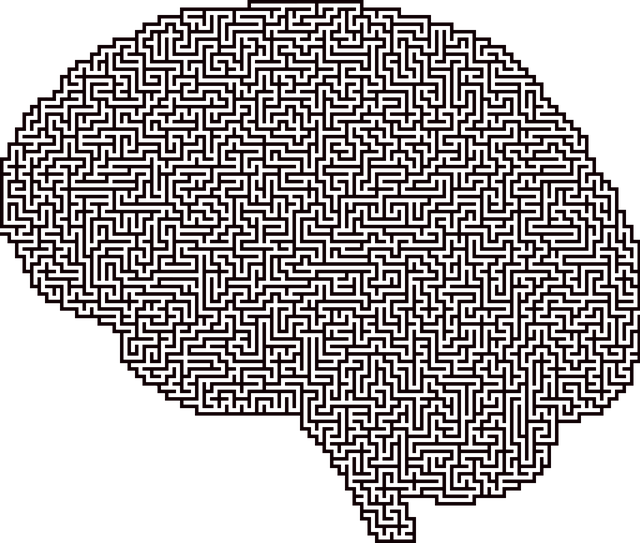Divorce presents unique challenges for elders, leading to emotional turmoil and potential declines in well-being due to age-related issues. Professional Therapy for Elders Divorce is crucial, offering coping skills development, social connection rebuilding through Social Skills Training, and encouraging Self-Care Routine Development. These strategies help mitigate stress, improve mood, and enhance resilience during a transformative period. Therapy provides a safe haven for emotional processing, empowering clients to cope with stress, gain new perspectives, and adapt to life transitions, ultimately healing and thriving post-divorce.
Divorce can significantly impact elders, leaving them vulnerable to emotional turmoil. This article explores coping skills development as a vital tool for healing. We delve into the understanding of divorce’s effects on this demographic and highlight the transformative power of therapy in fostering resilience. Furthermore, practical strategies are offered to enhance coping mechanisms. By examining these aspects, we aim to provide insights into supporting elderly individuals through transitions and facilitating their emotional well-being, especially post-divorce.
- Understanding the Impact of Divorce on Elders
- The Role of Therapy in Coping Skills Development
- Practical Strategies for Building Resilience
- Supporting Elderly Individuals Through Transition and Healing
Understanding the Impact of Divorce on Elders

Divorce can significantly impact elders, often leading to a range of emotional and psychological challenges. As people age, they may face unique difficulties in coping with major life changes, such as separation from a long-term partner. The process of divorce can bring about feelings of loss, loneliness, and isolation, which can be exacerbated by age-related physical health issues or reduced mobility. Many elders struggle with the transition, especially if they’ve been married for decades, leading to potential declines in overall well-being.
Therapy for elders facing divorce plays a crucial role in helping them navigate these complexities. Professional support can facilitate the development of effective coping skills and provide an opportunity for personal growth. Social Skills Training, for instance, can help rebuild social connections and combat feelings of isolation. Moreover, encouraging elders to incorporate Self-Care Routine Development for Better Mental Health into their daily lives becomes essential. Adopting healthy Self-Care Practices can mitigate stress, improve mood, and enhance overall resilience during and after the divorce process.
The Role of Therapy in Coping Skills Development

For many older adults facing divorce, therapy serves as a powerful tool for coping skills development. It provides a safe and supportive space to process complex emotions, navigate life transitions, and build resilience. Therapists can help individuals explore underlying issues, gain new perspectives, and develop effective strategies for managing stress and anxiety associated with this significant life change.
Through structured guidance and evidence-based techniques, therapy enables clients to enhance their coping abilities, including mindfulness meditation practices and stress management skills. Additionally, therapists often incorporate confidence-boosting exercises tailored to the unique needs of older adults. These approaches empower individuals to adapt, heal, and thrive during and after divorce, fostering a sense of agency and emotional well-being.
Practical Strategies for Building Resilience

Building resilience is a vital skill for navigating life’s challenges, especially during significant transitions like divorce. For elders going through divorce, practical strategies can help them adapt and thrive. One effective approach is to engage in regular physical activity, such as walking or joining community groups, which not only improves overall health but also provides social connections, a key component of well-being.
Additionally, therapy plays a crucial role in the mental health education programs design for elders post-divorce. It offers a safe space to process emotions, gain insights, and learn stress reduction methods. Community outreach program implementation can further enhance support by providing peer groups and social activities tailored to divorced individuals’ needs. These initiatives contribute to a holistic approach, fostering resilience and improving quality of life during this transition period.
Supporting Elderly Individuals Through Transition and Healing

Helping elderly individuals navigate transitions and heal is a critical aspect of coping skills development. As life changes such as divorce or the loss of a spouse can profoundly impact their mental wellness, therapy for elders becomes indispensable. Professional support through mental wellness coaching programs can help them process emotions, adapt to new circumstances, and cultivate resilience. These programs often incorporate risk assessment techniques to ensure the safety and well-being of both clients and professionals, while also promoting compassion cultivation practices that enhance empathy and understanding.
This supportive environment is crucial for healing, as it allows the elderly to express their feelings openly without judgment. Through therapy, they can learn effective coping strategies tailored to their unique experiences. By integrating compassion cultivation into these practices, mental health professionals foster a sense of belonging and respect, which is particularly important given the potential stigma that older adults might face. This holistic approach contributes significantly to their overall transition and healing process.
Divorce can significantly impact elderly individuals, but with the right coping skills development, healing is achievable. By understanding the unique challenges they face, such as emotional distress and identity shifts, we can facilitate their journey towards resilience. Therapy plays a pivotal role in providing a safe space for processing feelings, offering evidence-based strategies to cope, and fostering adaptability. Practical tools, like stress management techniques and social support networks, empower seniors to navigate transitions effectively. Through a holistic approach combining therapy, practical strategies, and continuous support, we can help elderly folks heal, rebuild, and thrive after divorce.














